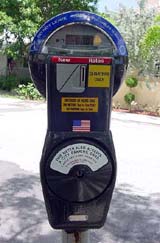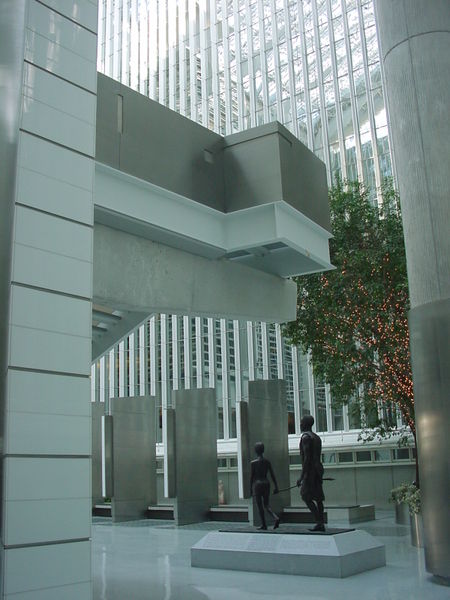 By Nicholas Li
By Nicholas Li
The weakness of conventional measures of cross-country corruption, such as the World Bank index (available here ), is that they rely on subjective perceptions of corruption (business leaders and country experts are asked to rate countries on a numerical scale in terms of corruption) and they cannot isolate the impact of cultural norms and attitudes towards corruption from the legal enforcement environment.
Continue reading

